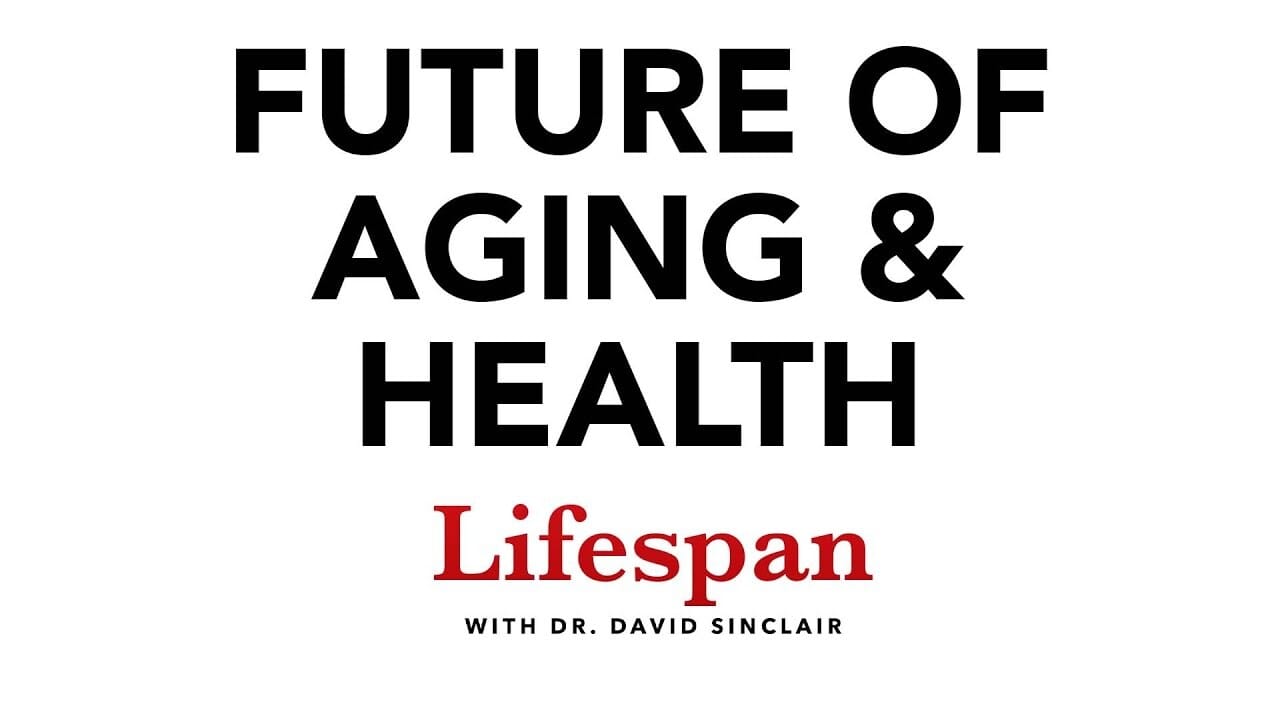- Regen Report
- Posts
- 🧬AI in the Clinic
🧬AI in the Clinic
AI’s Role in the Future of Patient Care

Hello, doctors!
The rise of AI in medicine isn’t science fiction — it’s clinical reality. From faster diagnoses to personalized treatments and better patient engagement, intelligent systems are reshaping how we care, decide, and evolve. This week, we explore how regenerative and longevity-focused clinics can harness AI not just as a tool, but as a strategic ally in delivering next-level outcomes.
🗂️ In This Edition
🧠 The Role of AI in Modern Medicine: Enhancing Diagnostic Accuracy
📈 Integrating AI in Drug Development: A Transformative Approach
🎧Podcast: Lifespan with Dr. David Sinclair – Episode 8: Biotracking, Age Reversal & Other Advanced Health Technologies
💬 What Eric Topol says about AI in Medicine
💉 AI for Medicine Specialization – by Deep Learning on Coursera
🤔 Did you know?
📅 Upcoming Events
CLINICAL INSIGHT
🧠The Role of AI in Modern Medicine: Enhancing Diagnostic Accuracy
Artificial Intelligence (AI) is fundamentally transforming diagnostic accuracy in modern medicine, particularly in the fields of radiology and pathology. A recent study has highlighted significant advancements in oncology, revealing that an autonomous AI agent utilizing GPT-4 achieved a clinical decision-making accuracy of 87.5%. This sophisticated system was able to accurately conclude various clinical scenarios in 91% of cases by integrating multimodal patient data, which enhances personalized care approaches.
In the realm of pathology, collaborative efforts such as that between PathAI and Northwestern Medicine are further driving this transformation. Their initiative, AISight™, aims to improve diagnostic efficiency by embedding AI insights into standard clinical practices. This advancement is expected to enhance both the accuracy and operational efficiency of clinical pathology.
Nonetheless, the successful integration of AI in diagnostics demands high-quality data, emphasizing the importance of securing extensive patient consent for the use of medical records. As AI technology continues to develop, it is vital for healthcare professionals to
embrace these tools to augment their decision-making capabilities without undermining their own expertise.
Sources:
MARKET TREND
📈 Integrating AI in Drug Development: A Transformative Approach
AI is revolutionizing drug development by streamlining processes and enabling personalized medicine, thereby enhancing patient outcomes. Japanese pharmaceutical companies are at the forefront, leveraging AI technologies to create "factories" for drug discovery. These firms employ advanced supercomputers to design innovative molecules tailored to specific populations, resulting in AI-designed drugs entering clinical trials significantly faster than traditional methods. This acceleration allows for earlier intervention in diseases with limited treatment options.
Moreover, AI algorithms are transforming patient enrollment in clinical trials by precisely matching individuals to studies suited to their unique genetic profiles. This targeted approach not only facilitates more effective treatments but also enhances patient safety and engagement throughout the therapeutic process. The advancements in AI are particularly promising in oncology and other fields, pointing to a pivotal shift toward more effective, personalized healthcare solutions.
As these technologies continue to evolve, the landscape of drug development will likely undergo significant transformation, offering hope for patients who require timely access to innovative treatments.
QUICK RESOURCE
🎙️ Podcast: Lifespan with Dr. David Sinclair – Episode 8: Biotracking, Age Reversal & Other Advanced Health Technologies
Dr. Sinclair explores how AI and advanced technologies are shaping biological age tracking, age reversal strategies, and the future of personalized health. Insightful and easy to digest between patients.
EXPERT QUOTE
“AI won’t replace doctors. But doctors who use AI will replace those who don’t.”
PRODUCT HIGHLIGHT
📚 AI for Medicine Specialization – by DeepLearning.AI on Coursera
This 3-part online program (Diagnosis, Prognosis, and Treatment) teaches you how to apply AI to medical imaging, predict patient outcomes, and estimate treatment effects using real clinical data. With a 4.7/5 rating and nearly 50,000 learners enrolled, it’s designed for healthcare professionals aiming to integrate AI into clinical decision-making. Approx. 2 months to complete (10 hrs/week), with certification.
How it helps your practice:
Get ahead of the curve by learning how to use AI to enhance diagnostic precision, treatment planning, and evidence-based protocols.
🤔 Did You Know?
AI algorithms can now detect signs of aging-related inflammation from voice recordings alone — a potential tool for early intervention in inflammaging.
Machine learning models are being trained to spot vocal biomarkers tied to IL-6 and CRP levels.
📅 Upcoming Events
Date: July 7–8, 2025
Location: Rochester, Minnesota
Focus: Generative AI, information retrieval, and evidence‑based medicine from the Mayo Clinic Department of AI & Informatics.
Why it matters: A flagship healthcare AI event featuring multimodal models, clinical documentation automation, and evidence-based medicine—ideal for clinics looking to integrate intelligent tools safely and effectively.
Date: November 9–12, 2025
Location: Detroit, Michigan
Focus: “Next‑Generation Tools for Regenerative Medicine” featuring cell therapy, bioengineering, and emerging technologies.
Why it matters: A strategic gathering of leaders in tissue engineering and regenerative therapies—perfect for professionals seeking the cutting edge in translational and clinical protocols.
Whether you’re experimenting with AI tools or just starting to explore the possibilities, one thing is clear: the future of regenerative medicine will be powered by both human insight and machine intelligence.
💌 Have feedback? Hit reply—we’re building this with you.
🔁 Forward this to a colleague who’s all about that next-level regenerative care.
See you next Tuesday. Stay curious, stay sharp.
— Team Regen Science MD — formerly PRP Science MD
